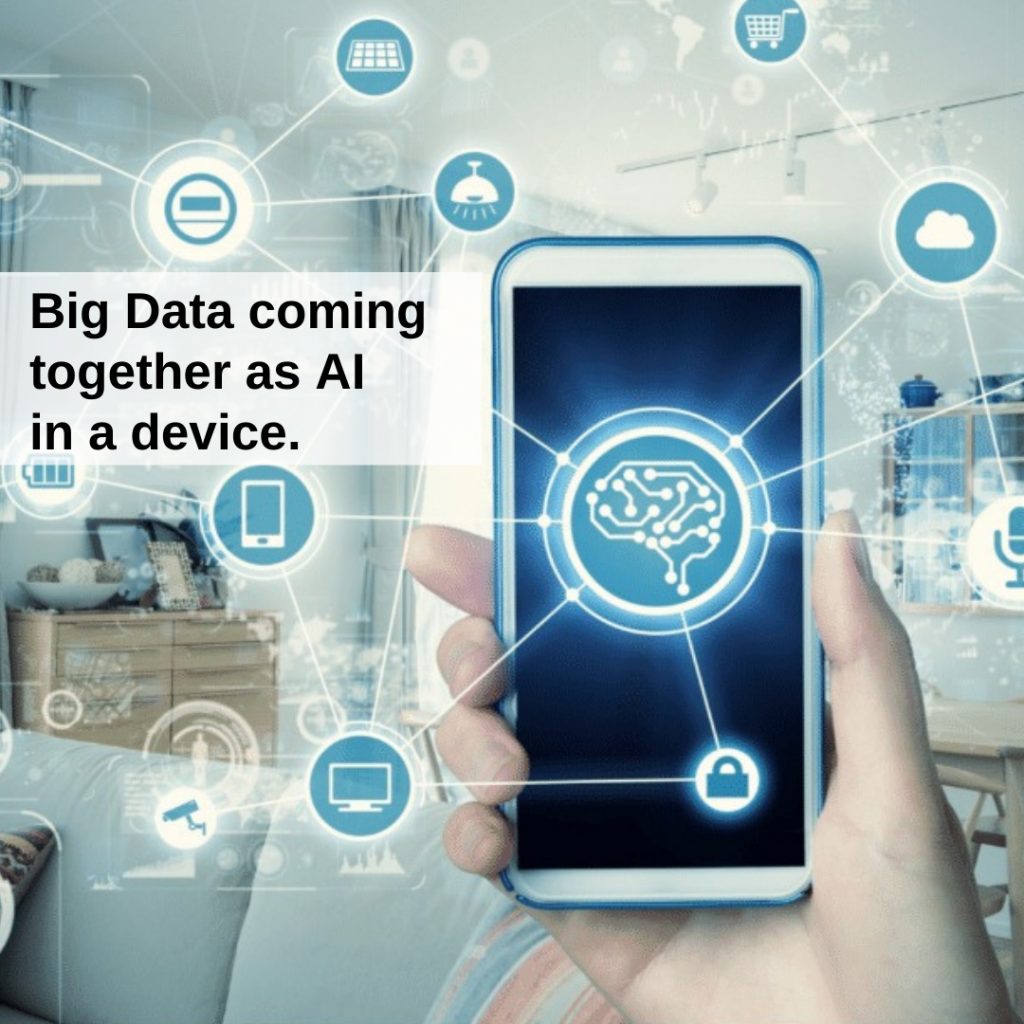Edition: July 16th, 2021
Curated by the Knowledge Team of ICS Career GPS

- Excerpts from article by Adilin Beatrice, published on analyticsinsight.net
Artificial intelligence engineers and data-related jobs continue to make a strong showing as the top emerging job roles for 2020 with 74% annual growth in the past four years, according to LinkedIn’s 2020 Emerging Jobs report.
Owing to the drastic surge in the implementation of artificial intelligence, the technology market has opened its door to more jobs. On the other hand, big data is also bringing many organisational changes to companies.
Big data was previously seen as useless content occupying most of the memory in data centers. Fortunately, when technology evolved and became advanced, businesses realised the importance of big data and used it to get data-driven decisions.
Following the upsurge in big data and artificial intelligence, two profiles namely big data engineer and artificial intelligence engineer took center stage.
Understanding the difference between Big Data Engineering & AI Engineering
The terms Big Data Engineering and AI Engineering are often used interchangeably due to their overlapping skillset. They are actually different.
Understanding this difference will help you choose the right career.
Big data engineering: This is a branch of data science that deals with the practical applications of data analysis and collection. A big data engineer is in charge of the design and development of data pipelines. They work to collect data from various sources and give it for further processing to analysts and data scientists.
Artificial intelligence engineering: This involves working with algorithms, neural networks, and other tools to advance the field of artificial intelligence. AI engineers must be able to extract data efficiently from a variety of sources, design algorithms, build and test machine learning models, then deploy those models to create AI-powered applications capable of performing complex tasks.
Roles and responsibilities
Big data engineer: A big data engineer has to design, develop, construct, install, test, and maintain the complete data management and processing system. Their key role is to seek the raw data and make it usable for other professionals. They also engage in managing the collection of data and handles its storage, and process it for further use.
Some of the other routine responsibilities of a big data engineer are:
- Build highly scalable, robust, and fault-tolerant systems to manage high volumes of data.
- To introduce new big data management tools and technologies.
- Explore various choices of data acquisitions and try out new ways to use existing data.
- Create a complete solution by integrating a variety of programming languages and tools together.
- Employ disaster recovery techniques in case of mishaps.
- They should have in-depth knowledge of big data technology and communicate the ideas within and out of the team.
- They need to have – Basic knowledge about Java, data structuring and big data; Familiarity with NoSQL solutions, Cassandra, HIVE, CouchDB, and HBase; Experience in analytics, OLAP technologies and more.
Artificial intelligence engineer: Besides creating techniques, AI engineers are assigned other organisational responsibilities as well. In order to integrate their technique across the enterprise, they must be able to overcome the unique challenges that result from combining the logic of traditional business applications with the learned logic of machine learning models. Some of the other responsibilities are:
- Build artificial intelligence and machine learning models, then convert the ML models into application program interfaces (APIs) so that other applications can use them.
- Help stakeholders understand the output yielding.
- Set up and manage AI product infrastructure and the automation of the infrastructure used by an organisation’s data science team.
- Conduct statistical analysis and interpret the results to help organisations drive data decisions.
How should you choose your career option?
While choosing a career between these two, you should validate your interest and preferences.
If you are someone who is solely interested in data and big data management, you will enjoy working as a big data engineer.
However, if you like coordinating with other teams and want to work out of the clustered data, then AI engineering will suit you better.
…
(Disclaimer: The opinions expressed in the article mentioned above are those of the author(s). They do not purport to reflect the opinions or views of ICS Career GPS or its staff.)
Like this post? For more such helpful articles, click on the button below and subscribe FREE to our blog.




